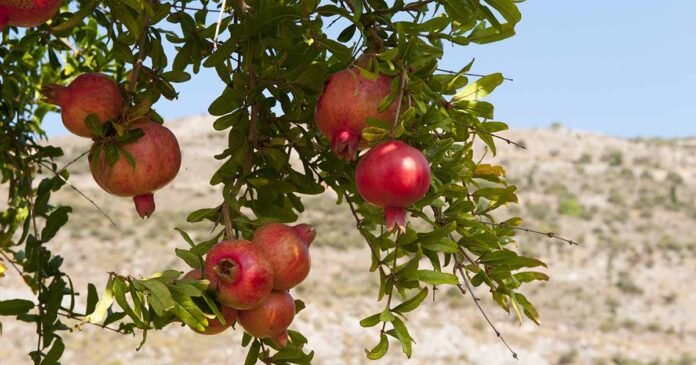War has cast a shadow over Israel’s agricultural heartlands, triggering concerns about the future of its farming industry. The recent conflict has disrupted farming activities, inflicting significant damage to agricultural infrastructure, leading to worries about the long-term impact on Israel’s agricultural sector.
The conflict has severely affected agricultural regions in southern Israel, an area renowned for its fertile lands. The incessant rocket attacks and shelling have left fields uncultivated, as farmers were forced to abandon their work to seek safety. This halt in farming activities has resulted in substantial losses and threatens the region’s agricultural future.
Farmers faced immense challenges during the conflict, struggling to tend to their crops and livestock amidst the chaos. The destruction caused to irrigation systems, greenhouses, and agricultural equipment has further exacerbated the situation. These disruptions have raised concerns about the imminent agricultural output and long-term sustainability of the sector.
More About Farming
The southern agricultural regions, which contribute significantly to Israel’s food production, now confront an uncertain future. The damages incurred during the conflict have raised fears about the ability to restore normalcy in farming operations and the potential decline in crop yields.
Moreover, the disruption in supply chains and logistics due to the conflict has hindered the distribution of agricultural produce. The inability to transport goods to markets has not only impacted farmers’ incomes but also raised concerns about food shortages and price hikes for consumers.
The conflict’s toll on the agriculture sector extends beyond physical damages. The psychological impact on farmers is substantial, with the fear of recurrent violence disrupting their ability to carry out their work effectively. Many farmers face uncertainties about the safety and security of continuing their operations in these volatile circumstances.
Efforts are underway to assess the damages and support affected farmers. Aid organizations and government agencies are working to provide assistance, such as repairing infrastructure and offering financial aid to help farmers recover from their losses. However, the path to rehabilitation remains daunting amid the ongoing conflict and the need to address immediate safety concerns.
Addressing the long-term impact of the conflict on Israel’s agricultural heartlands requires comprehensive planning and support. Rebuilding damaged infrastructure, ensuring farmers’ safety, and restoring confidence in the sector are vital steps to rejuvenate the region’s farming potential.
The restoration of the agriculture sector is critical not only for the affected farmers but also for the overall food security of the country. As Israel grapples with the aftermath of the conflict, concerted efforts are necessary to safeguard its agricultural future and ensure a steady food supply for its population.
The challenges faced by Israel’s agricultural heartlands are substantial, but the resilience and determination of the farming community, coupled with strategic support and investments, will be crucial in revitalizing the sector and securing the nation’s food production capabilities in the wake of conflict-induced crises.
